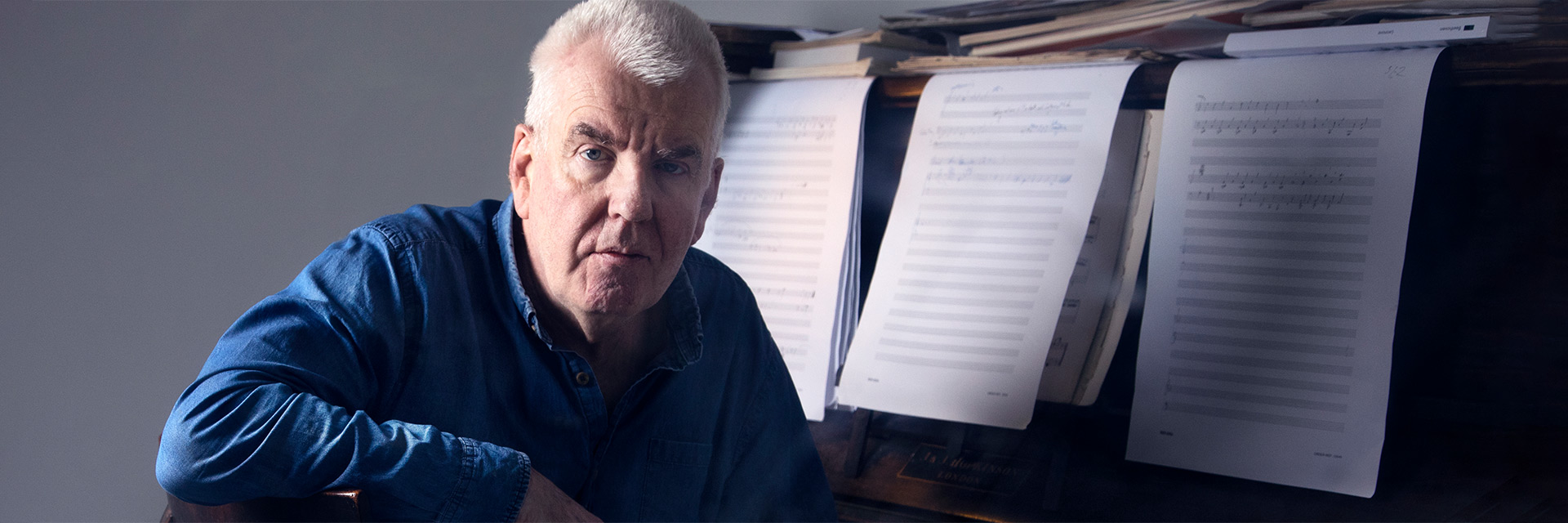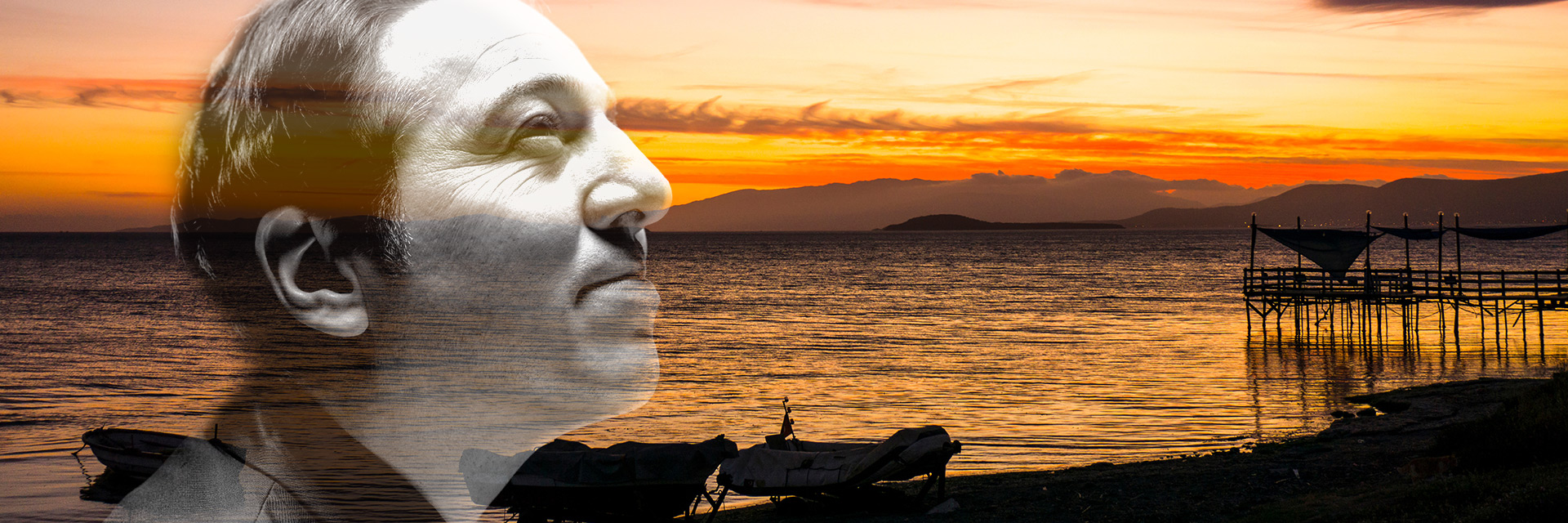On Monday 1st November 2021, the opera Die Verurteilung des Lukullus (“The condemnation of Lucullus”) by Paul Dessau will be performed at Staatsoper Stuttgart. It is the first time that the work has been staged in the state capital of Baden-Württemberg. Julia Lwowski and Franziska Kronfoth, the founders of musical theatre collective “Hauen und Strechen” are directing the production alongside conductor Bernhard Kontarsky, who has been working with the Staatsoper Stuttgart since the 1960s.
The opera from 1949 is based on a radio play by Bertolt Brecht called The interrogation of Lucullus, which the poet had written in 1939. During the Nazi-regime, both Brecht and Dessau were exiled from Germany, and later decided to settle down in the Soviet occupation zone. In the founding year of the German Democratic Republic, they worked together on the libretto of “Lucullus” which was intended to criticize the Second World War and any military expansion. Due to Dessau’s modernist musical language and because the criticism on the exploitive ruling was considered too weak by the socialistic leaders, conflicts with the production team emerged. The world premiere, held at the provisionary Admiralspalast of the German State Opera in East-Berlin on 17 March 1951 was a closed event which then led to a huge dispute. The authors were required to make modifications and changes, among other aspects, to the title of the opera from The interrogation of Lucullus to The condemnation of Lucullus. Subsequently, further performances were allowed, and the piece was publicly performed in the repertoire of the state opera.
Bertolt Brecht and Paul Dessau’ Lucullus as a General and Braggart
From the plot: After the ostentatious act of state for his funeral, the roman military leader Lucullus, the dead man is called to court at the realm of shadows. Among his jurors, there are also his victims so that his triumphal victories are judged differently than what he is used to. Not only are his victories being considered but also the victims on his enemies’ side and among his own troops. The final judgement is clear: “Into nothingness with him!”
The choice of instruments in the score is striking. Dessau completely abandons violins and violas and instead includes a percussion section with nine players. The alternation of wind and percussion sounds and the use of low strings results in a contrasting and effective sound pattern.
The fact that I introduce Lucullus with kettledrums and trumpets has nothing in common with the classical cliché of the hero’s introduction. For me, it is meant paradisiacally. I introduce him with kettledrums and trumpets to say, now comes a great braggart. (Paul Dessau)
Further performances at the Staatsoper Stuttgart take place on the 6, 13, 15, and 20 November 2021.










